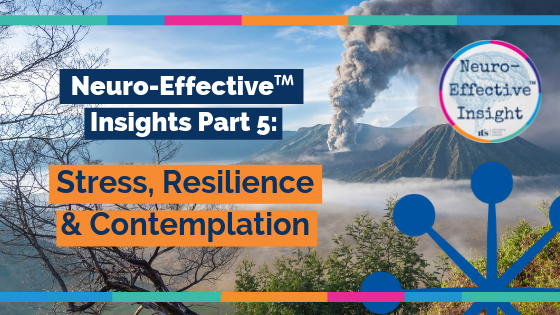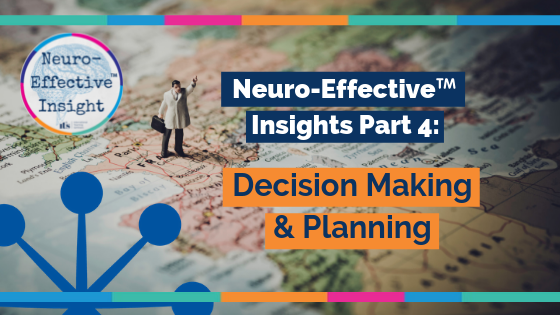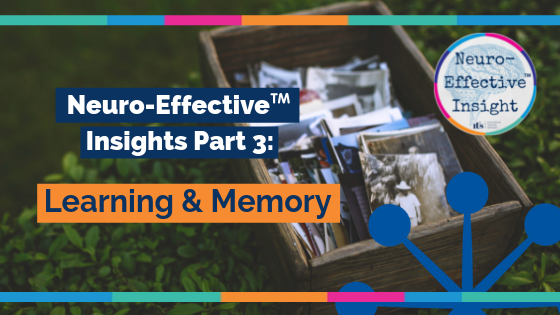“You can’t teach an old dog new tricks”, “it’s all downhill after 30”, “s/he’s over the hill.” These common phrases suggest that our mental faculties peak at a certain age and then we begin to lose them. But is this true, and if it is, what is that certain age?
Recent research by Joshua Hartshorne and Laura Germine looked at the age at which we show peak mental abilities in detail. They used data published in the 1970s and 80s from over 2000 healthy adults who had completed IQ and memory tests to determine the age at which different mental abilities reached their peak. In this study, they tested different aspects of memory including:
- Short term memory – remembering someone’s name after they have just told you it
- Working memory – holding two or more numbers in memory while you add them together
- Long term memory – remembering (e.g. words or faces) after a delay
In addition, they tested several measures of intelligence including speed of information processing, spatial reasoning, verbal reasoning, vocabulary, general knowledge, comprehension, and arithmetic. The data from the different age groups were then plotted to see at what age performance in each kind of test was highest. This produced some surprising results with some aspects of intelligence peaking earlier than might be expected and others later. For instance, short term memory ability peaked in the late teens and this ability then decreased with age. Long term memory showed its peak in the early 20s, and working memory tasks peaked later in the mid-twenties. This sounds like bad news!
The better news is that some aspects of intelligence including Arithmetic, General Knowledge, Comprehension and Vocabulary peaked much later. Indeed the people who were best at these tasks were in their 50s.
However the researchers didn’t stop there. They wanted to check this 1970s and 80s data with data from the present day. To do this, they set up online websites to collect data from over 10,000 people aged 18 to 70 who were tested in the last 5 years. Here they concentrated on tasks of short term memory, working memory, vocabulary and an additional test of emotion processing. The results from this study replicated their previous findings showing that while memory tasks showed peaks at age 20, the vocabulary task did not peak until 50-60 years of age. Similarly, emotion processing was also best at 40-60 years of age.
But their most potentially interesting finding relates to whether the peak age for vocabulary was the same for people tested in different eras. What they found was that:
- People who had been tested between 1974 and 1987 showed peak vocabulary ability at 42.
- People who had been tested between 1988 and 1997 showed a peak in vocabulary at 50.
- People who had been tested between 1998 and 2012 had a peak in vocabulary at 64.
And here’s the kicker. This difference was attributed to the fact that people are continuing to work for longer and so are keeping mentally active.
To put it another way, the age at which our intellectual abilities naturally decline depends on what we do with our brains. Your brain can retain plasticity and be able to learn new information if that is what you require it to do. So this isn’t about old dogs and new tricks, it’s actually a case of use it or lose it.
Thinking of retiring? Be careful!
Neuroeffective Implications
If you want to be more effective by putting neuroscience to work for you, consider:
How are you going to make sure that you continue to ask more of your brain? (Use it or lose it).
What have you believed that you can no longer learn that it might now be possible to learn?
Who in your team might believe that they are no longer able to learn new tasks and how could you use this learning to support a change in that belief?
Where do you need to increase stimulation to ensure more is being called forth neurologically?
For practical next steps contact the Neuroeffective Team.
To learn more about how you can apply neuroscience research personally and professionally check out our Applied Neuroscience Programme
Authors: Ian McDermott and Patricia Riddell, Professor of Applied Neuroscience
This blog is based on the following research: Hartshorne, J.K. & Germine, L.T. (2015) When does cognitive function peak? The asynchronous rise and fall of different cognitive abilities across the lifespan. Psychological Science, March 13, 2015, doi: 10.1177/0956797614567339





Leave A Comment